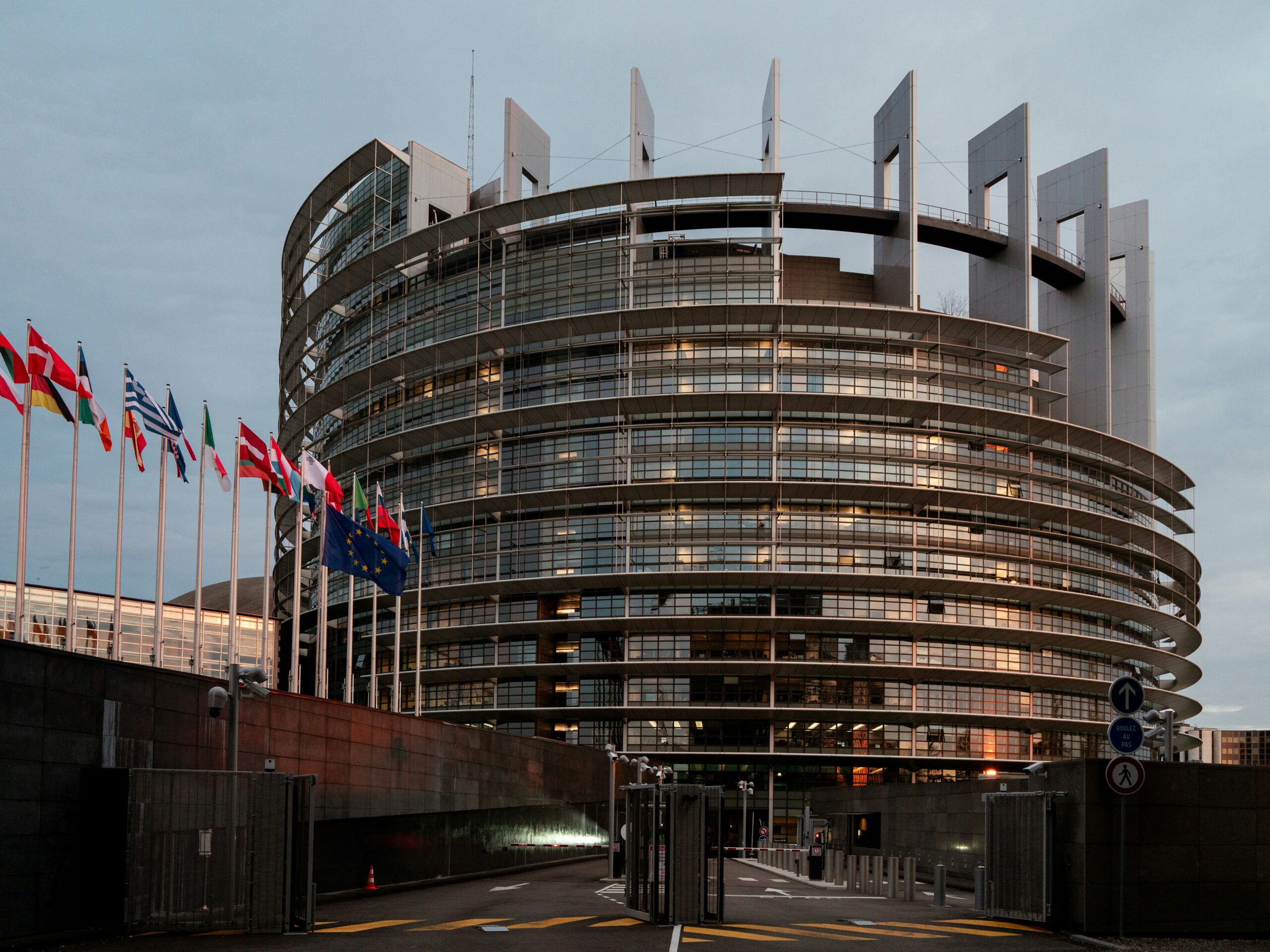The European Union (EU) is accelerating the transition to electric and hydrogen bus fleets in urban public transport in line with greenhouse gas emission reduction targets set to combat the climate crisis. In line with the Green Deal, the EU aims to reduce greenhouse gas emissions by 90% compared to 1990 levels by 2040 and to make Europe a “net-zero greenhouse gas emissions” continent by 2050. In this context, member states are encouraged to invest in renewable energy projects.
The use of electric and hydrogen buses instead of gasoline or diesel buses in public transportation is seen as an important step in reducing emissions. According to the Transport & Environment report, by 2023, 36% of city bus sales in the EU will be electric buses. Norway, Slovenia, Denmark, Ireland, Finland, Denmark, Ireland, Finland and the Netherlands ensured that almost all city bus sales that year were zero emission. All European cities are expected to have electric bus fleets by 2027.
The EU wants to reduce carbon emissions from heavy vehicles to meet its climate goals. By 2030, 90% of new buses sold in EU countries must be zero-emission. Registrations of electric city buses will increase by 54% by 2023, and more than half of European capitals plan to have zero-emission bus fleets by 2040.
While the share of electric buses in public transport is growing, the economic impact of the COVID-19 pandemic and the war in Ukraine may affect investment by city governments. According to a Eurocities survey, investments in public transport may have to be reduced or postponed due to inflation. Experts suggest that in the medium term, financial support should be provided for charging stations and some natural gas buses should be allowed.
According to a report on the EU’s renewable hydrogen policy and targets, hydrogen targets are “unrealistic” and the EU’s 2030 targets for renewable hydrogen production and imports are unlikely to be met. The Commission has been criticized for not having a full overview of the needs or available public funding, as the establishment of a hydrogen industry requires a large amount of public and private investment. (AA)
Photo: AA



 UN
UN 


